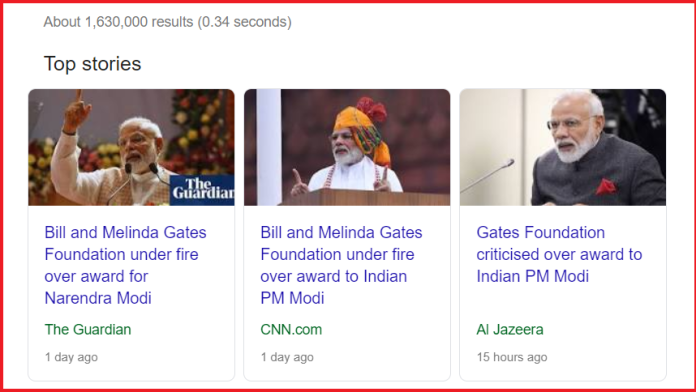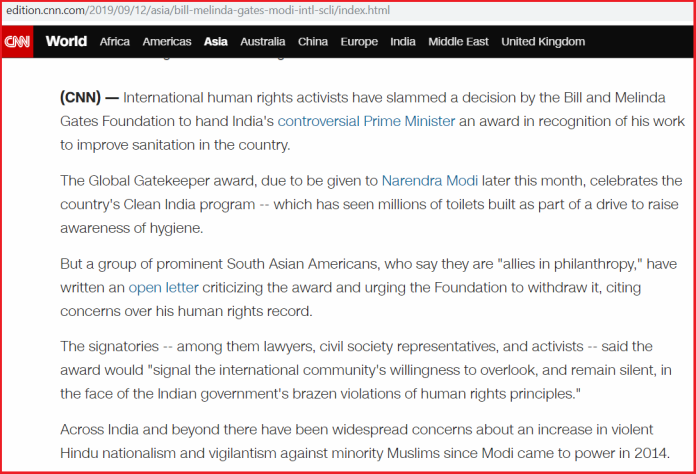Let me start by unequivocally stating that Neeraj Ghaywan is a great Director; having won awards (notice the plural form) at Cannes for his very first feature film is a reason enough to admire his craft. He is an exciting talent we have in our country. I had read the screenplay of Masaan (sourced it from a friend who is a writer) before going to the theatre, and LOVED every bit of the finished film.
It is important to state these facts before voicing my disagreement with his hiring policy; which really is a very very small subset of who he is – a director we can all be proud of and a craftsman I aspire to be!
I, on the other hand, am a small filmmaker whose films have been to many (if 15 qualifies as many) film festivals across the globe. The current film is just about complete and it is being screened at Chicago South Asian Film Festival. The stark difference in our ‘achievements’ aside, I do hope that I have the right (both legal and moral) to respectfully disagree with your ‘hiring DBA candidates only’ policy.
Mr. Ghaywan put out an ad on social media for hiring assistant writers and assistant directors from DBA background (Dalit, Bahujan & Adivasi) only. His post went viral and attracted all kinds of commentary – hailing him as some social reformer to accusing him of indulging in publicity stunt. Many accused him of bringing in caste where none exist. He has since then spoken to The Wire and responded to the criticism here. I am quoting from the article:
“Speaking to The Wire, Ghaywan says he had anticipated that social media would respond in this way but is still amused at how ‘unprepared and uncomfortable’ the Hindi film industry is to discuss the caste realities of the country.”
When Mr. Ghaywan talks about industry’s comfort or preparedness to discuss caste realities, there are two aspects to it. The industry’s comfort in its output i.e. the movies, and the comfort in working behind the scenes. Let us first talk about the output.
On the evils of casteism, a recent film Article 15 has grossed over ₹ 90 crores. The Hindi film industry has been making films around caste since like forever. As young kids, we were bombarded with films on Doordarshan with ‘Thakur’ as villains, who were zamindaars, dacoits, gali ka gunda, or some other characters having villainous shades. For years I grew up watching villains share my identity; ‘Thakur’ being the quintessential villain, imagine what it does to an impressionable mind!
SRK era might have made surnames out of fashion now, and the movies in the new millenium have been mostly about romance and aspirations, but the young generation even today is still growing up witnessing a Sushant Singh Rajput suddenly made to be feel ashamed and drop his surname from his Twitter account. Essentially, Bollywood is not really that ‘uncomfortable’ or blind to caste realities.
In fact, my first recollection of a ‘hero’ with my surname was Rajkumar in Tiranga (Major Suryadev Pratap Singh). I had to wait for that long! I don’t think there were even any supporting Thakur characters either in Bollywood movies, who would normalise the blow (like the Good Samaritan Rahim Chacha of Sholay). All you need to do is scan through the badly made films of the 80s or the films of Sunil Dutt to know the way issue of caste has been treated – directly or indirectly – on screens.
But Mr. Ghaywan belongs to a different world altogether. For him, perhaps even Sunil Dutt was blind to caste realities, and in Tiranga, he would have wanted Major Suryadev Pratap Singh to hire some DBA warriors who would take out the ‘fuse’ of the missiles. But wait a minute, that will be a ‘savarna’ character taking credit for hard work done by DBA people. Only Mr. Ghaywan can write the screenplay of a caste-sensitive Tiranga.
Jokes aside, credit where due. Mr. Ghaywan does raise the issue of caste in Masaan. But let him be honest and answer it himself – does he really think that the storyline of Masaan is as radical as the policies he wants the industry to adopt?
In the Wire interview, Mr. Ghaywan has criticised Article 15 as a ‘DBA story told through a savarna lens’. But he, in Masaan, also tells story of a Brahmin girl, running parallel to the story of a Dalit boy, not as a contrast but as a support plotline (where both are disadvantaged). The story is primarily about the aspirations of a poor boy who happens to be a Dalit. The only place his caste becomes a conflict is in his love story, which is introduced and resolved in two scenes on either side of the interval. I am sure the ‘activist’ Ghaywan will find this Director Ghaywan lacking courage to tell the real story!
What a creative person puts in his art is inspired from realities, but what he professes when donning the hat of an activist is often at odd with the same realities. Which one of these two is playing to the galleries, I leave that upon the readers to decide.
Now let us go behind the scenes, where things become even more interesting and complex. Mr. Ghaywan says the following about the film industry:
“I have thought a lot about how I can work towards diversifying this industry. I did not just wake up one day and decide to call for DBA artists and writers to work with. I have, as a matter of policy, ensured that women comprise at least 50% of my crew, right from Masaan, my first film.”
Not many years back, we were told quite the opposite; that Hindi film industry is diverse and ‘secular’. This is a personally attested fact; the industry – not as organised as a typical industry is – hires us on merit and doesn’t bother with our surnames or regional origins. Nobody in my 12 years (15th Dec 2007 and counting) really bothered me about it. However, just because it didn’t happen to me, I will not claim it doesn’t happen to anyone.
I would have really appreciated if Mr. Ghaywan told us how and when he started feeling that the film industry was discriminatory or exploitative towards people from certain castes? Given the fact that he has mostly worked with stalwarts and fellow ‘activists’ like Anurag Kashyap, what do we conclude about the way Kashyaps work?
And how did Mr. Ghaywan conclude that the industry was not diversified enough? There are 16000 registered members of IMPPA. Many of them use names that can hardly give you a clue about what caste they belong to. Sometimes you can not even guess the religion. Did someone call up all of them to ask ‘kaun jaat ho?’ and then found out that bulk of them were Savarnas? When did Bollywood become prejudiced and casteist to attract affirmative action?
I don’t know if someone checked names of IMPPA members, but I did check some names. On the IMDB website, your film Masaan has 223 total credits listed, of which only 46 are female, whereas you told The Wire that 50% of your crew were women. Where are those 65 missing women I wonder!
The Wire interview then veers off to trolls (I am surely going to be added to the list now), Vivek Agnihotri, and the privilege of ‘savarna’ castes.
Unlike you maestro, I am only privileged enough to speak for myself.
My family of 8 (father and uncle) migrated out of Bihar because of Lalu politics of bhura baal saaf karo (politics of finishing off the ‘upper castes’). From 1991 to 1994, the family lived in an area called Balkum, which is outside Thane city, the affordable neighborhood of Mumbai. We could not afford even the affordable. The locality had community toilets and water. Then we lived for another 16 years in a cramped 2 BHK flat of Navi Mumbai with, fortunately, in-house toilet and running water.
I am glad to report that the family of 8 is now family of 10; of my 6 siblings, 2 are doctors (one Maharastra Gold Medalist), 2 engineers (one from IIT) and one India U-19 cricketer. We were privileged, yes, but only in the knowledge that education and hard work alone changes the destiny. However, thanks to all activism that you’ve brought to Bollywood – which is a softer and ‘intellectual’ form of the ‘activism’ from which we had to run away from 90s Bihar – now it seems that I should not, even for a while, think that I’ve accomplished anything due to hard work and perseverance. I should just feel a sense of guilt, and move away.
Your interview continues…
“While shooting the film in Varanasi, I was surrounded by pandits (Brahmins). They were all in love with me, offering unwavering support all through. I had this constant fear that if they find out my caste, will they still support me? The fear was so strong that I did not have the courage to mention it even to my closest friends within the industry.”
I also have a constant fear that if ‘they’ (activist liberal brigade of Versova) find out who I am I will be denied all opportunities and shunned as a RW troll. So taking a leaf out of your book, I too not have the courage to write this in my own name and won’t mention this article to my closest friends in the industry. Maybe one day I will put my name, after two Cannes awards come my may.
Post-Script: On parting, we in Bihar always say ‘jaane anjaane mein koi galti ho gayi ho to chhota bhai samajh ke maaf kar dijiyega’ (if unknowingly I have erred, please forgive me as you’d forgive your younger brother). Keep working, and keep hiring, Mr. Ghaywan.














